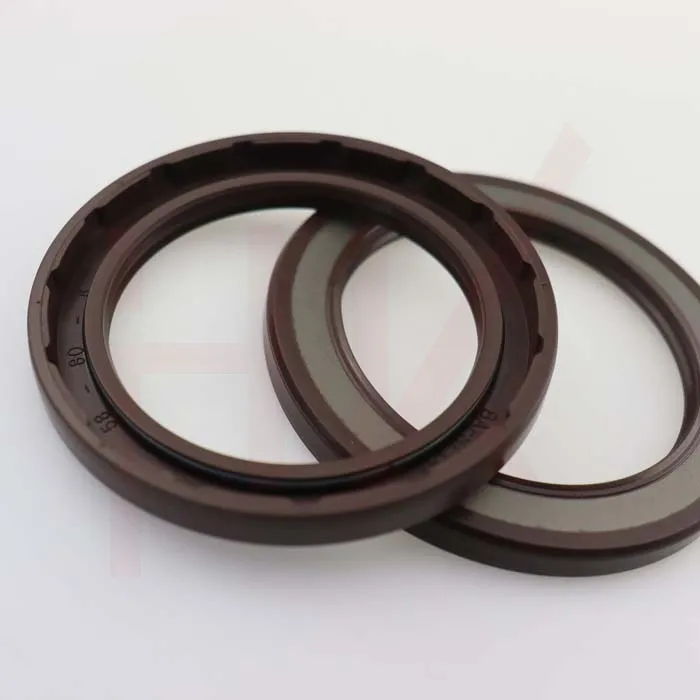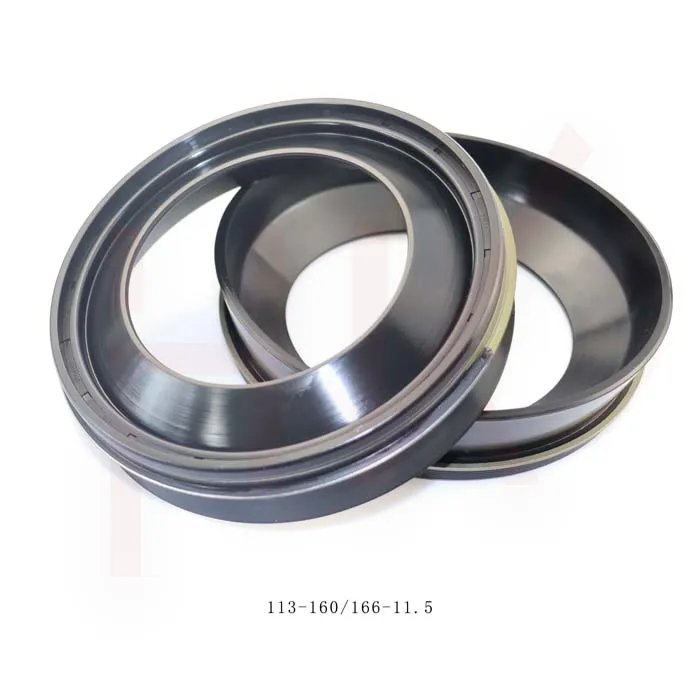Sep . 06, 2024 00:15 Back to list
Dust Seal vs Oil Seal
Dust Seal vs. Oil Seal Understanding Their Importance and Differences
Dust Seal vs
. Oil Seal Understanding Their Importance and DifferencesDust Seals Dust seals are primarily designed to prevent dirt, dust, and other particulate contaminants from entering a mechanical system. They act as barriers, ensuring that external debris does not compromise the integrity of critical components such as bearings and shafts. Dust seals are typically made from rubber, foam, or plastic materials, which can effectively block unwanted material while allowing for some flexibility and movement. They are commonly used in environments where exposure to dust is high, such as construction sites, manufacturing facilities, and outdoor applications. Properly installed dust seals help prolong the lifespan of equipment by reducing wear and tear caused by abrasive particles.
dust seal vs oil seal

Oil Seals On the other hand, oil seals are specifically designed to contain lubricants within an assembly, preventing them from leaking out while also protecting the internal parts from external contaminants. These seals are crucial in systems where lubrication is necessary for the smooth operation of moving parts. Oil seals are typically constructed from durable materials such as nitrile rubber or fluorocarbon, which can withstand the effects of oil and varying temperatures. In automotive applications, oil seals are found in engines, transmissions, and differential systems, ensuring that oil remains contained and effectively lubricates the components.
Key Differences The primary difference between dust seals and oil seals lies in their intended purpose. While dust seals focus on protecting against external contaminants, oil seals are aimed at containing internal fluids. Additionally, oil seals often have a specific lip design that enhances their ability to prevent leakage, while dust seals generally maintain a looser fit to allow for mobility without hindering performance.
In conclusion, both dust seals and oil seals are vital components in various mechanical systems. Understanding their specific roles helps in selecting the right seal for an application, ultimately leading to improved reliability and efficiency. When maintaining machinery, it's essential to choose the appropriate seal type to protect against contamination and ensure that lubrication remains intact, allowing for the smooth operation of equipment over time.
-
Reliable Oil Seal Wheel Hub Solutions for Industrial & Automotive Use
NewsNov.17,2025
-
Durable Front Hub Oil Solutions for Industry – HKAiSeal
NewsNov.17,2025
-
Wholesale Hydraulic Pump Motor Seal Kit A4VSO250 | In Stock
NewsNov.17,2025
-
Pump Seal Kits: Essential Components for Industrial Reliability
NewsNov.17,2025
-
TCV Oil Seal - Double-Lip, Spring-Loaded, High Temp & Wear
NewsNov.17,2025
-
Hydraulic Seal Kits: Reliable Solutions for Industrial Equipment
NewsNov.17,2025
-
Combined oil seal 659214 12001903B, fits 119990, NBR OEM
NewsNov.17,2025
Products categories
















